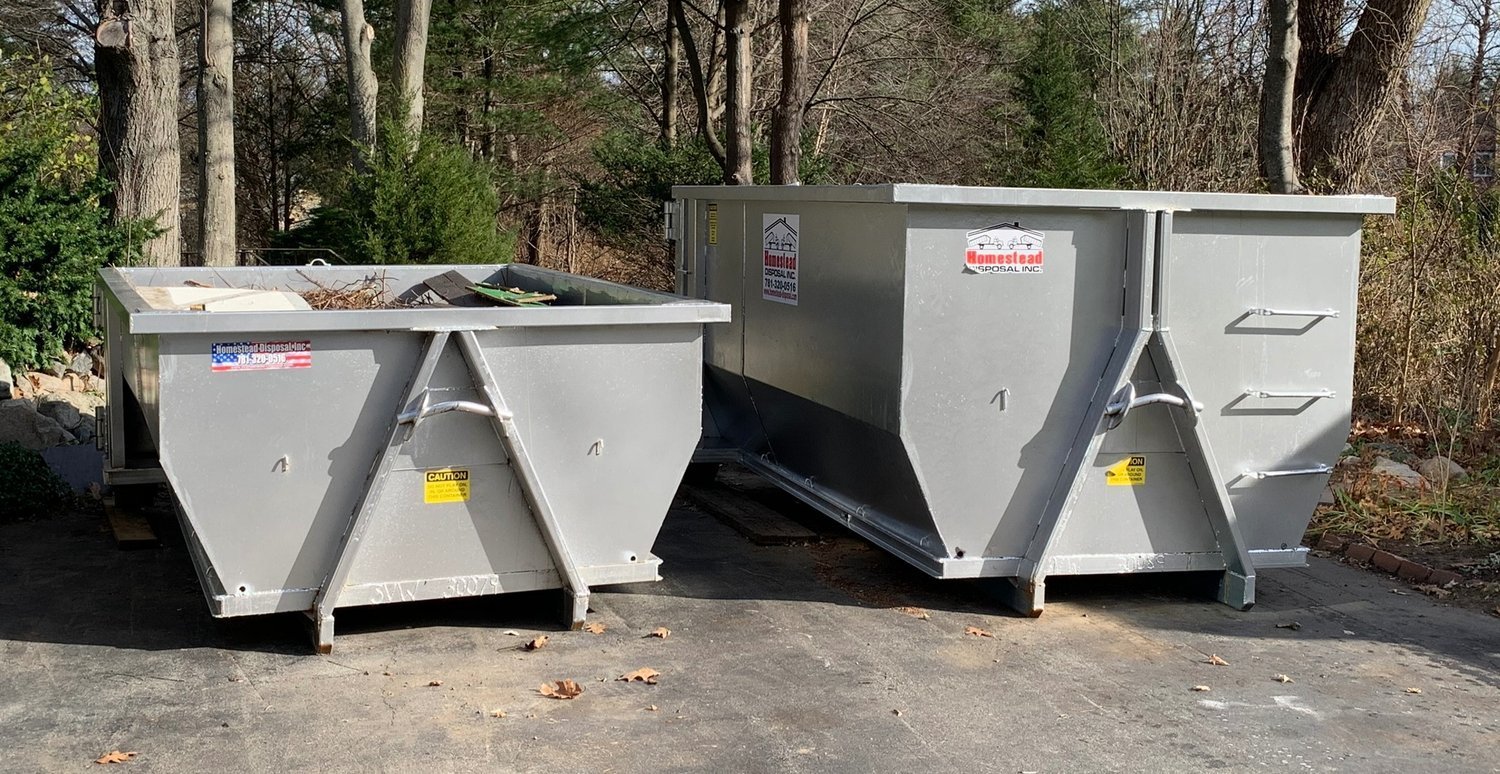Dumpsters play a crucial role in waste management, offering a convenient solution for disposing of large volumes of debris. Whether for residential cleanouts, construction projects, or commercial waste management, understanding dumpster pricing is essential for effective budgeting and planning.
Types of Dumpsters
Dumpsters come in various types, each suited for different purposes and volumes of waste:
Roll-Off Dumpsters
Roll-off dumpsters are versatile and commonly used for construction and renovation projects. They are available in sizes ranging from 10 to 40 cubic yards, accommodating different amounts of debris. These dumpsters are delivered and picked up using specialized trucks equipped with hydraulic systems for safe loading and unloading.
Front Load Dumpsters
Front load dumpsters are typically used by businesses and apartment complexes for regular waste disposal. They are smaller in size compared to roll-off dumpsters and are emptied by front-loading garbage trucks. Front load dumpsters usually range from 2 to 8 cubic yards in size and are emptied on a regular schedule, often weekly or bi-weekly.
Factors Influencing Dumpster Pricing
Several factors impact Dumpster pricing, making it important to consider various aspects before renting:
Size of the Dumpster
The size of the dumpster significantly affects pricing. Smaller dumpsters like 10 cubic yards are cheaper to rent compared to larger ones like 40 cubic yards, which are designed for major construction projects and can accommodate substantial amounts of debris.
Rental Duration
The duration for which you need the dumpster also influences pricing. Short-term rentals, typically for a few days or a week, cost less per day than long-term rentals spanning several weeks or months. Some rental companies offer discounts for longer rental periods.
Location
Dumpster rental prices can vary significantly based on location. Urban areas or regions with higher disposal costs and stricter regulations may have higher rental rates compared to rural areas. It’s essential to check with local providers to get accurate pricing for your specific location.
Additional Services
Optional services such as same-day delivery, extended rental periods, and additional hauls beyond the standard agreement can increase overall costs. It’s crucial to clarify these services and their costs upfront to avoid unexpected expenses.
Average Costs Across Different Dumpster Sizes
Understanding the average costs associated with different dumpster sizes helps in budgeting effectively:
Small Dumpsters (10 cubic yards)
Small dumpsters are ideal for minor home cleanouts or small renovation projects. On average, renting a 10 cubic yard dumpster for a week may cost between $250 to $400, depending on location and additional services.
Medium Dumpsters (20 cubic yards)
Medium-sized dumpsters are suitable for larger home cleanouts or medium-sized construction projects. Renting a 20 cubic yard dumpster for a week typically ranges from $350 to $550, depending on location and rental terms.
Large Dumpsters (40 cubic yards)
Large dumpsters cater to significant construction and demolition projects, capable of holding large volumes of debris. Renting a 40 cubic yard dumpster for a week can cost anywhere from $500 to $800, varying based on location and additional services required.
Understanding Rental Agreements and Fees
Rental agreements for dumpsters include various terms and conditions that affect pricing and service:
Key Terms in Rental Agreements
Important terms include the rental period (start and end dates), weight limits (maximum allowable weight of debris), and overage fees (charges for exceeding weight limits). Understanding these terms ensures compliance and avoids additional costs.
Common Additional Fees
Additional fees may include permit fees (if required by local authorities for street placement), fuel surcharges (for delivery and pickup), and damage fees (for excessive wear or misuse). Clarifying these fees upfront helps in budgeting accurately.
Tips for Cost Savings
Implementing strategies to minimize dumpster rental costs can help stretch your budget:
Choose the Right Size Dumpster
Selecting a dumpster size that matches your project’s needs avoids overpaying for unused capacity. Assess the amount of debris you expect to generate and choose accordingly to optimize costs.
Negotiate Rental Terms
Compare quotes from multiple dumpster rental companies and negotiate terms such as rental duration and included services. Some providers may offer discounts or waive certain fees based on negotiation.
Understand Potential Hidden Costs
Be aware of potential hidden costs like overage fees for exceeding weight limits or charges for additional services not initially included in the quote. Reading the fine print and asking clarifying questions can prevent surprises.
Conclusion:
Understanding dumpster pricing involves considering factors such as dumpster type, size, rental duration, location, and additional services. By carefully evaluating these factors, individuals and businesses can make informed decisions that align with their budget and project requirements. Choosing the right dumpster and rental terms not only saves money but also ensures efficient waste management practices.




